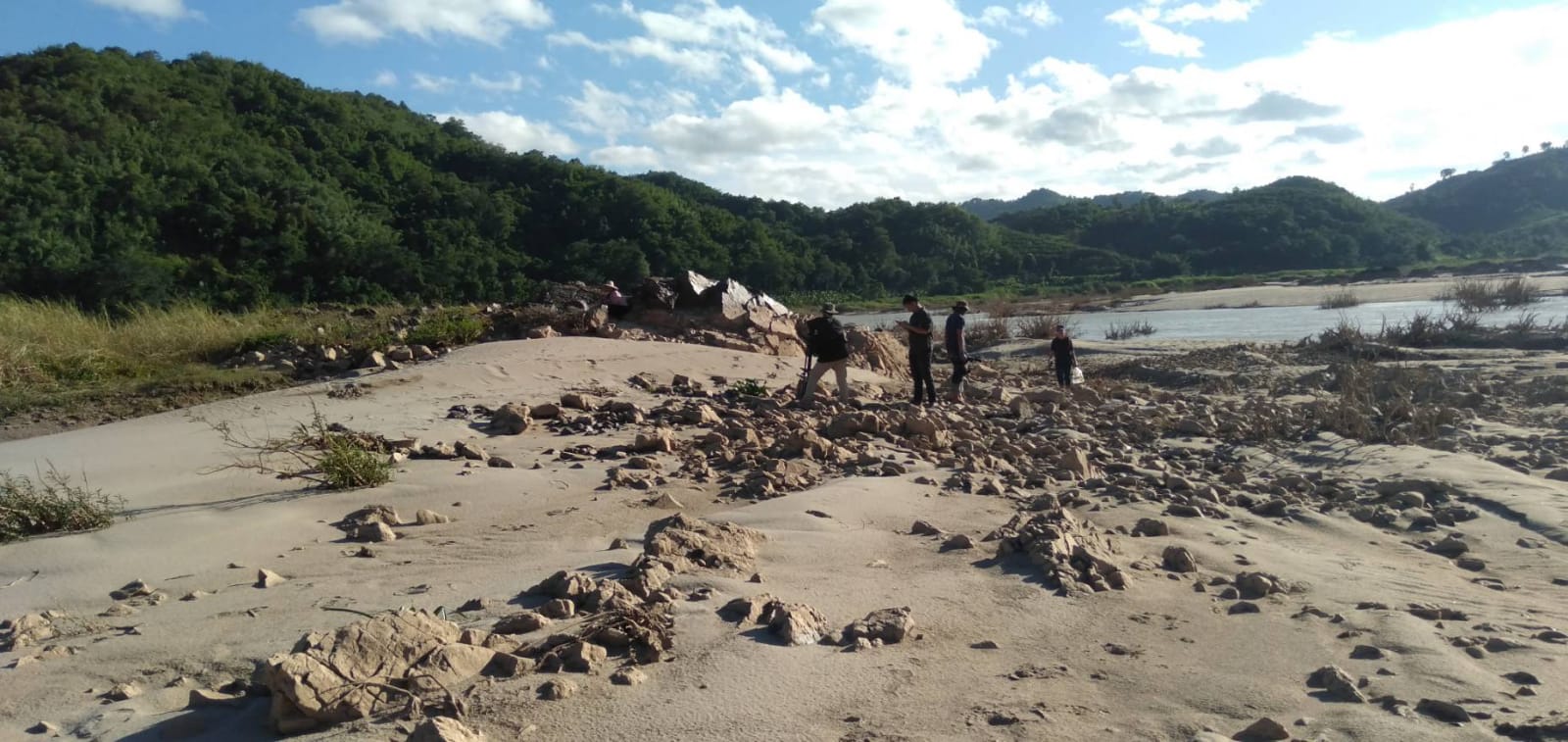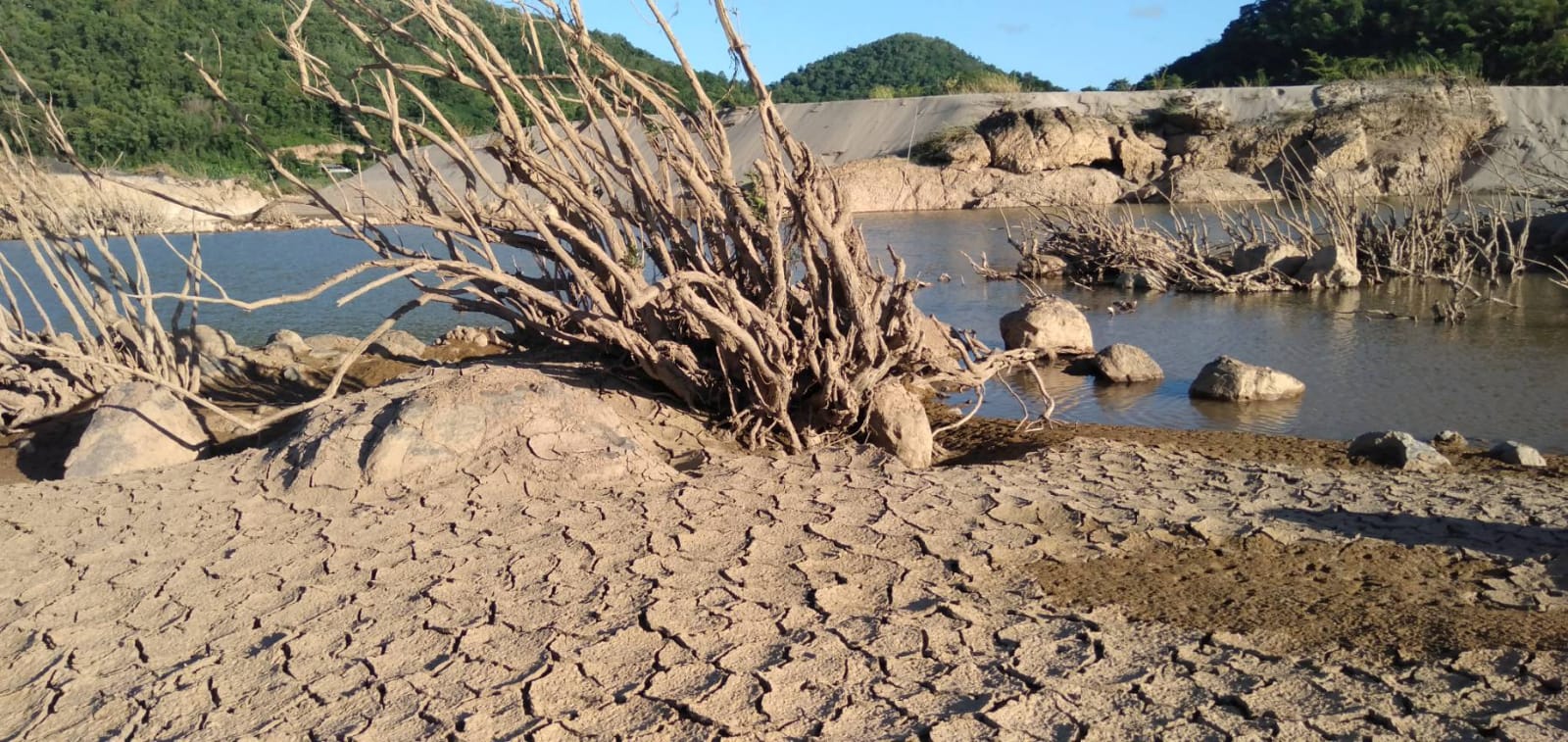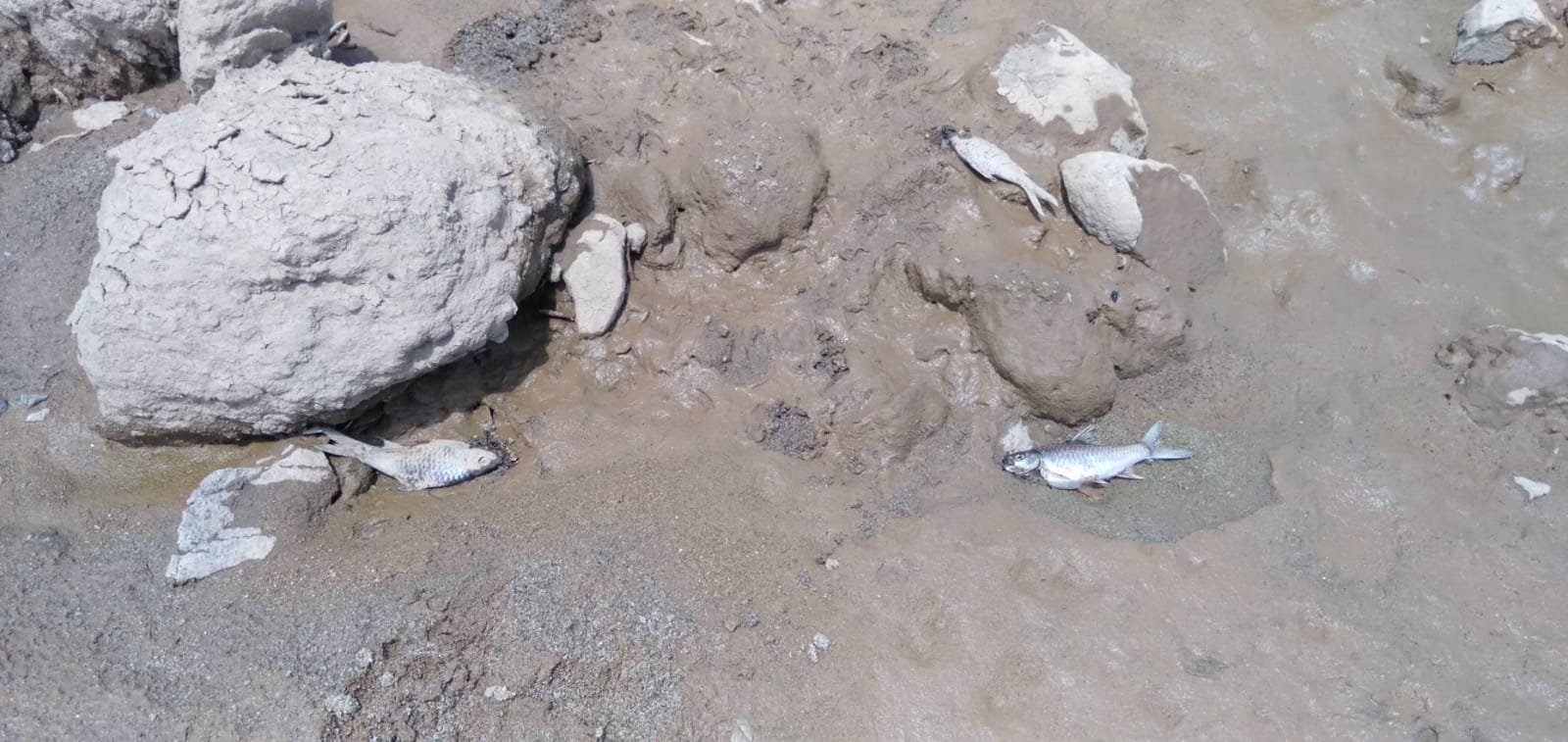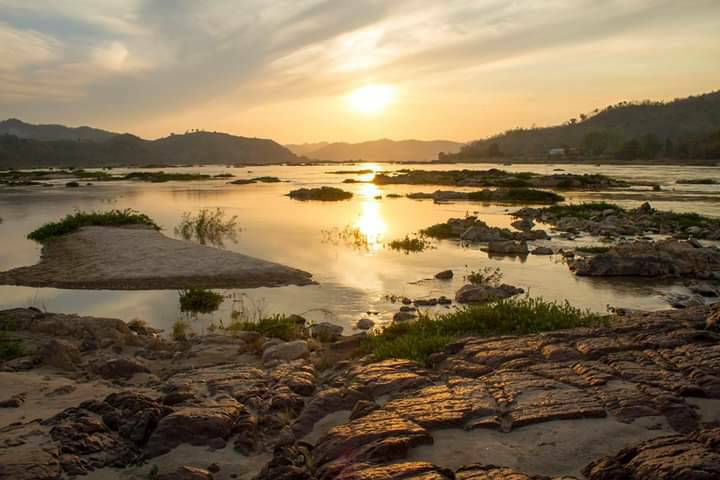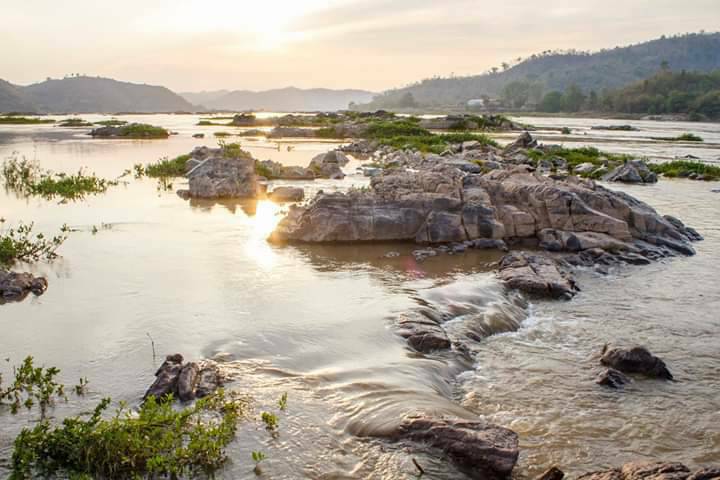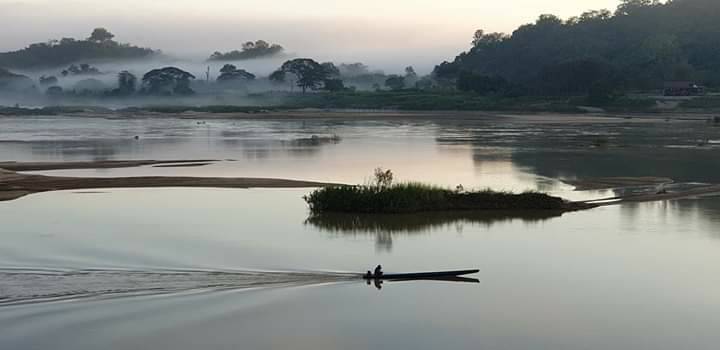Political Ecology in Asia Dialogue Series: "Disastrous Flooding and Haze in Bangkok"
/Earlier this month, we had a discussion with Dr. Danny Marks, who is currently an Assistant Professor of Environmental Politics and Policy in the School of Law and Government of Dublin City University. Dr. Marks research overall has focused on environmental governance in Southeast Asia, in particular with regard to political ecology, environmental justice, climate governance, and disaster risk reduction.
This discussion is the first on the Political Ecology in Asia Dialogue Series. This series is a new initiative of CSDS, and we hold the objective of encouraging rigorous debate through the lens of political ecology on development issues and trends in the region, including social, economic and environmental changes taking place.
Below are the timestamps of the video, in case you want to jump to specific section/question.
03:15 Could you outline your analysis of a political ecology of disastrous flooding in Bangkok? What are the underlying reasons why Bangkok is vulnerable to disastrous flooding? What are the key impacts? How does it help explain who is vulnerable to flooding?
09:45 To expand a little bit, the flooding takes place not only on the Bangkok city itself but also within the context of the wider Chao Phraya basin. Can you please comment on the wider changes within the basin?
12:03 When we talk about the flooding in Bangkok and the wider Chao Phraya basin, are there particular groups of people that are vulnerable and why?
15:18 In the context of flooding and the uneven impacts between different groups, what does that mean to your idea of disaster justice?
18:15 Having discussed disaster justice, how does your explanation differ from the Thai government explanations?
20:54 Could disastrous flooding happen again? Have lessons been learned? Have things changed? What will the future look like if another disaster happens?
24:15 What could be the consequences of climate change to a city like Bangkok, especially through the political ecology and disaster justice lens?
27:15 What should be the policy recommendations and priority actions taken, with the viewpoint of achieving disaster justice/climate justice?
29:20 Every year it seems now, Bangkok suffers severe air pollution in the cool season. Could you explain why haze happens in Bangkok? How can political ecology help us analyze it
33:37 Is the issue of injustice and inequality in haze being recognised, let alone being addressed in policy or even public discussion?
36:11 Is haze here to stay in Bangkok, or do you see any condition under which there could be cleaner air in the city and what would it take for it to happen?
39:46 Beyond the topics that we have focused on today, your work has extended to several other topics including plastic pollution, electricity planning, etc. Are there any connections between your works? Are there shared traits in terms of their political ecologies that you could draw out?
42:34 Regarding a political ecology research agenda in Thailand and Southeast Asia, what would be your suggestions for key priorities?







